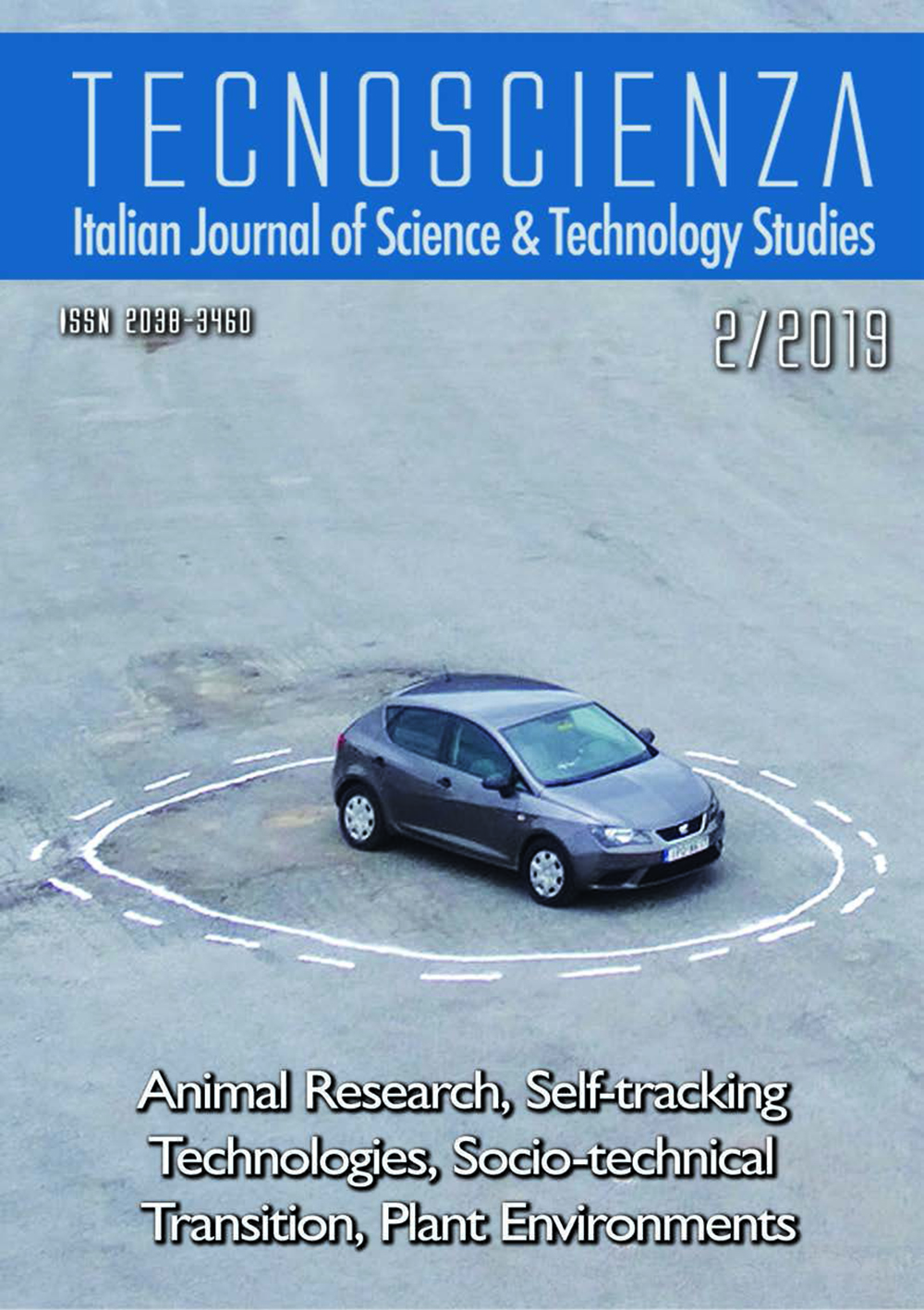Reflections on Self-tracking Routines: Conducting Maintenance of Digital Data
DOI:
https://doi.org/10.6092/issn.2038-3460/17442Keywords:
routines, artefacts, health and wellness promotion, pilot study, self-trackingAbstract
Self-tracking technology is considered a critical learning and motivational resource that at best helps people self-reflect, thereby promoting attempts to make changes to lifestyle routines. This study examines how people incorporate this technology into their daily practices and the routines that self-tracking technology produces. The study is based on an indepth empirical analysis of a sample of interviews of volunteer participants of a pilot study aiming to promote health and wellness. The interviews took place in two phases: first, after three months of self-tracking (in total 27 interviewees) and second, at the end of the pilot study after ten months of self-tracking (in total 21 interviewees). The analysis focused on the participants’ reflections on their user experiences of a self-tracking device, the data that this produced and the resulting routines. The results suggest that people’s self-tracking routines are often related to the maintenance of a visible and continuous data flow in self-tracking applications. Routines for wearing, tending to and communicating with self-tracking devices play an important role. These routines are either only remotely related or not necessarily at all related to making changes to lifestyle routines that affect health and wellness. The development of routines through novel artefacts involve much invisible work and can even lead to unintended consequences. During self-tracking, the focus may remain on the technology alone and on attempts to develop routines for maintaining a continuous, accurate flow of data, rather than on actually making lifestyle changes.





